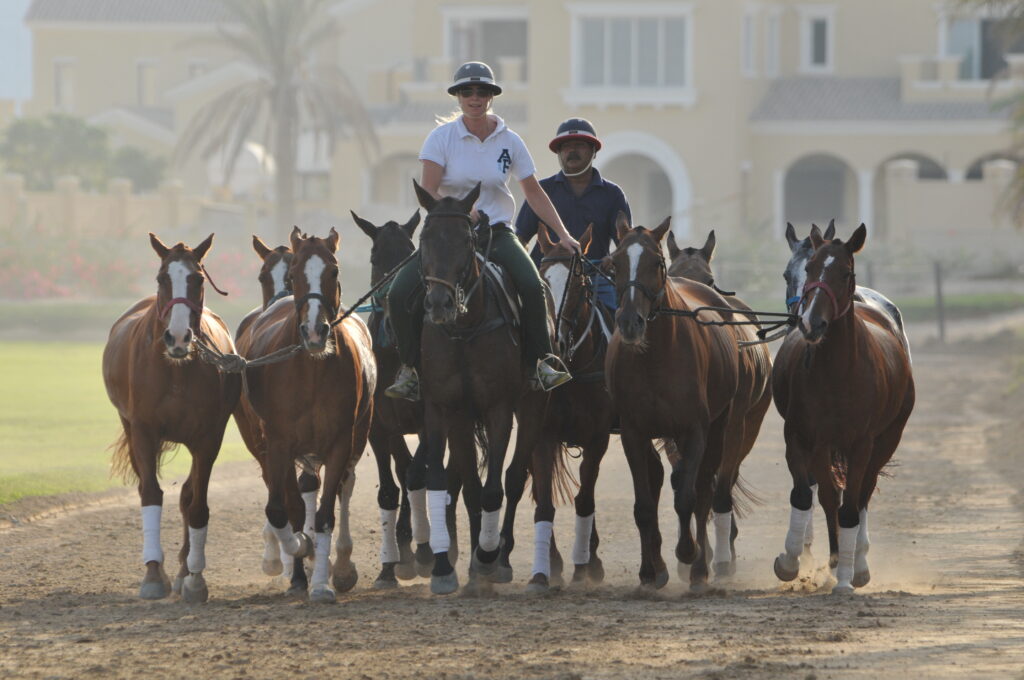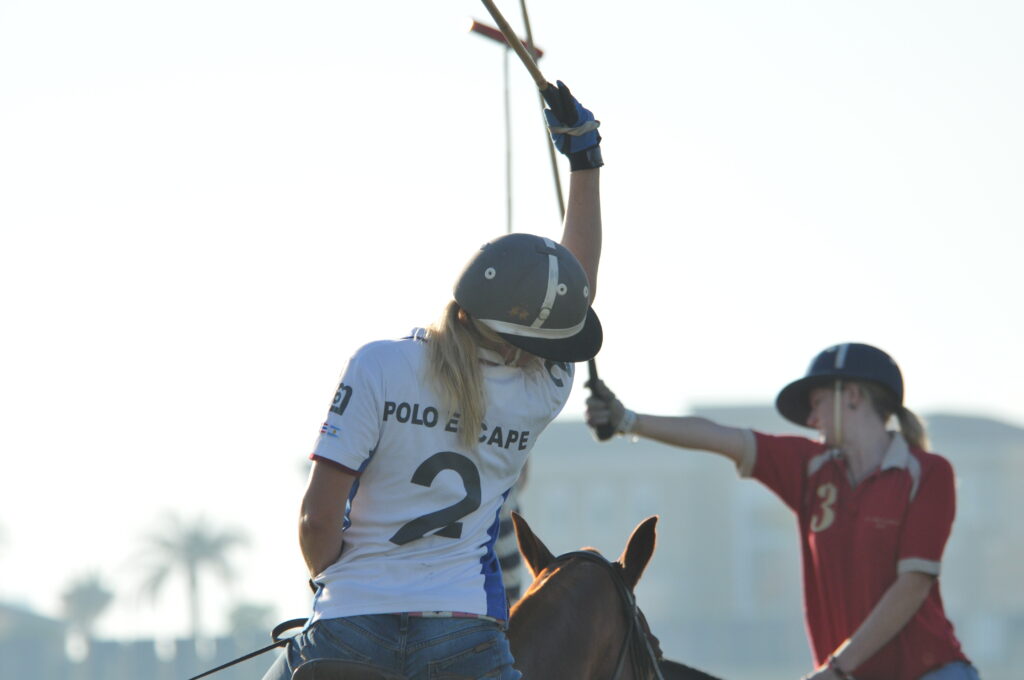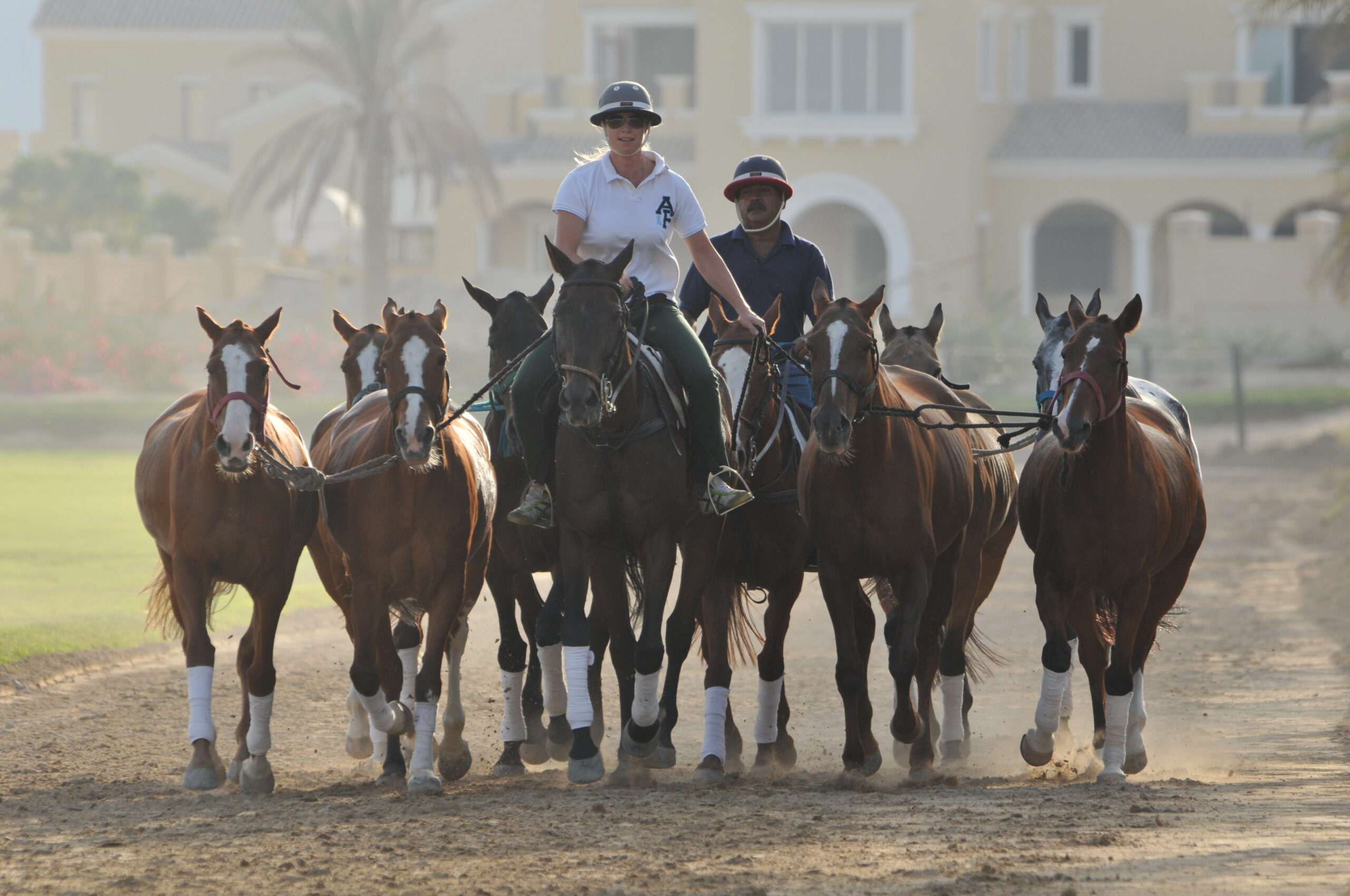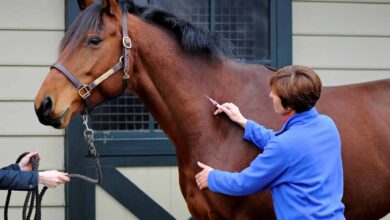
So, you have that big event coming up. The one for which you have trained all season, or maybe all your life. How do you prepare for that? Unless you belong to a tiny minority of athletes, chances are just thinking about it will at the very least tickle the nerves or worst case scenario: induce a complete state of panic. Clearly neither of these is an ideal state of mind so to avoid piling on the stress, most people benefit from:
- NORMALIZING THE SITUATION
Tell yourself that this is just another competition for which you are confidently well prepared.
Try to get into the mentality of telling yourself that “I will do the best I can, if that isn’t enough, then it is not meant to be!” (ok, that’s a tricky one). Try hard to regard it as just another competition and don’t blow it up out of proportion.
Young athletes can often be helped from reassurance that their trainer won’t be angry, their parents will still love them and their friends will not turn their back if they lose or mess up.
- But what about PRACTICAL PREPARATION for the competition?
My big recommendation is to prepare as usual!
Use your usual routine, and use your usual training. Many athletes start to train differently shortly before an important event. They try to achieve last minute improvements in skills by training extra hard or extra long. Truth is, if anything crucial is lacking it will have been well evident in the weeks of previous training sessions! Take penalty training as an example: this should be part of your regular routine – not something that becomes laser focus important just before a big match.
You should regularly play chukkers of course, and not just in preparation for a tournament. Learning a new skill takes application and lots of practice, and the last hours of the last days before a big game is not the time to learn it. Take a sales manager who has a big and important client meeting coming up: most likely he will stick to his regular presentation, practiced over and over and known inside out and back to front. This manager knows his stuff, is well prepared and will surely not change the presentation last minute sitting in the conference room, waiting for the appointment to start.

If you KNOW that you lack some skills or are a bit weak in some areas, then make a game plan with that in mind so that as far as possible you can avoid exposing those issues.
In general, there are really only 3 different mindsets:
- You are underprepared: that little voice in your head says you’ll lose this game, your confidence suffers and luck becomes your best friend. Technically and mentally, you are not ready for the game. Remember that feeling at school – when you’d not revised enough for the exam? Yes, occasionally this happens, but you shouldn’t make it your go-to habit! Make sure that you train regularly more next time or even stick to lower goal Polo for a while if you find it difficult to keep up and enjoy the level you’re currently at.
- You are well prepared! Great! Have fun in the game then!
- You are overprepared: you have trained too long, too hard or both and didn’t give yourself enough rest. You are about to experience a burn out. Marathon runners don’t run a marathon just before a major event – it would wear them out, stiffen them up and overwork their entire body!
You guessed it, mindset 2 is the place to be!
It is worthwhile mentioning however, that there do exist some athletes who only get into competition mood when they are fully pumped up, brim full of adrenaline and excited at the thought of getting in to a big game as fast as they can. Let’s just say I’ve not come across too many of these, so if you belong to the vast majority of us and get slightly nervous and anxious about big events, simply focus on your strengths and what you know you can achieve.
In short, normalize the situation, get realistic about the personal outcomes for the competition, and last but by no means least:
TRUST YOUR TRAINING!
About the author: A 0 goal rated Polo Player, Kristin Grube is a Mental Game Instructor, certified by the International Mental Game Coaching Association, as well as a Sports Mental Trainer, certified by the Zentralstelle für Fernunterricht in Germany. She continually undergoes training to gain new knowledge of the latest state-of-the-art techniques in the field of Mental Training. She has coached Polo players, as well as Golf and Rugby athletes and also trains Executives to reach their peak performance. As a player herself, she has competed in the UAE, Argentina, Germany, the UK and Thailand – both on horses and elephants. She can be reached through her website www.polomentalcoach.com









